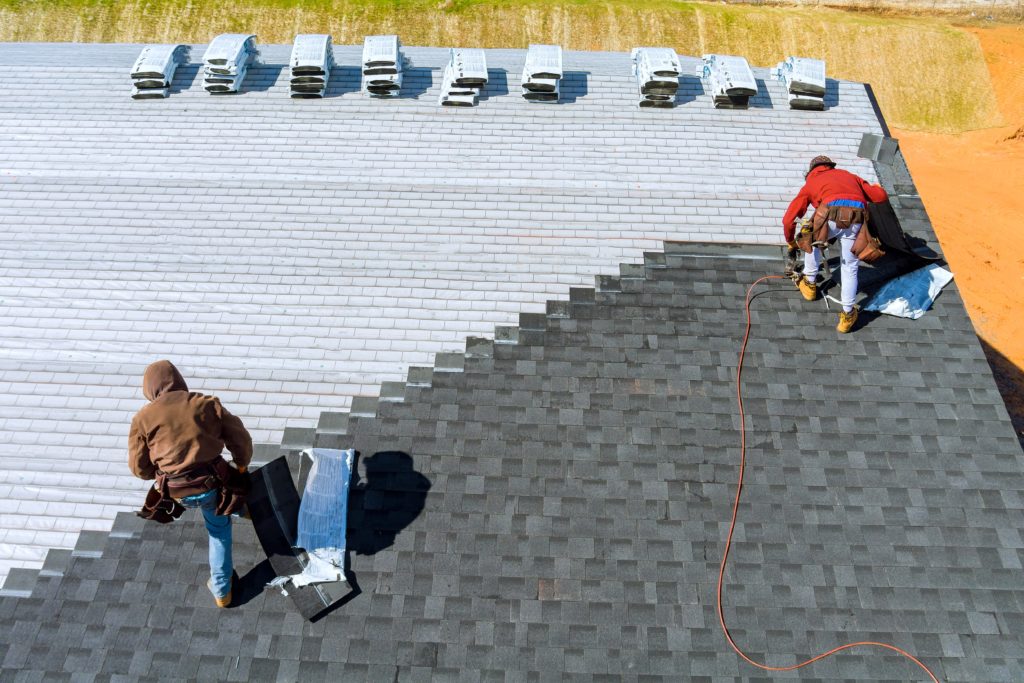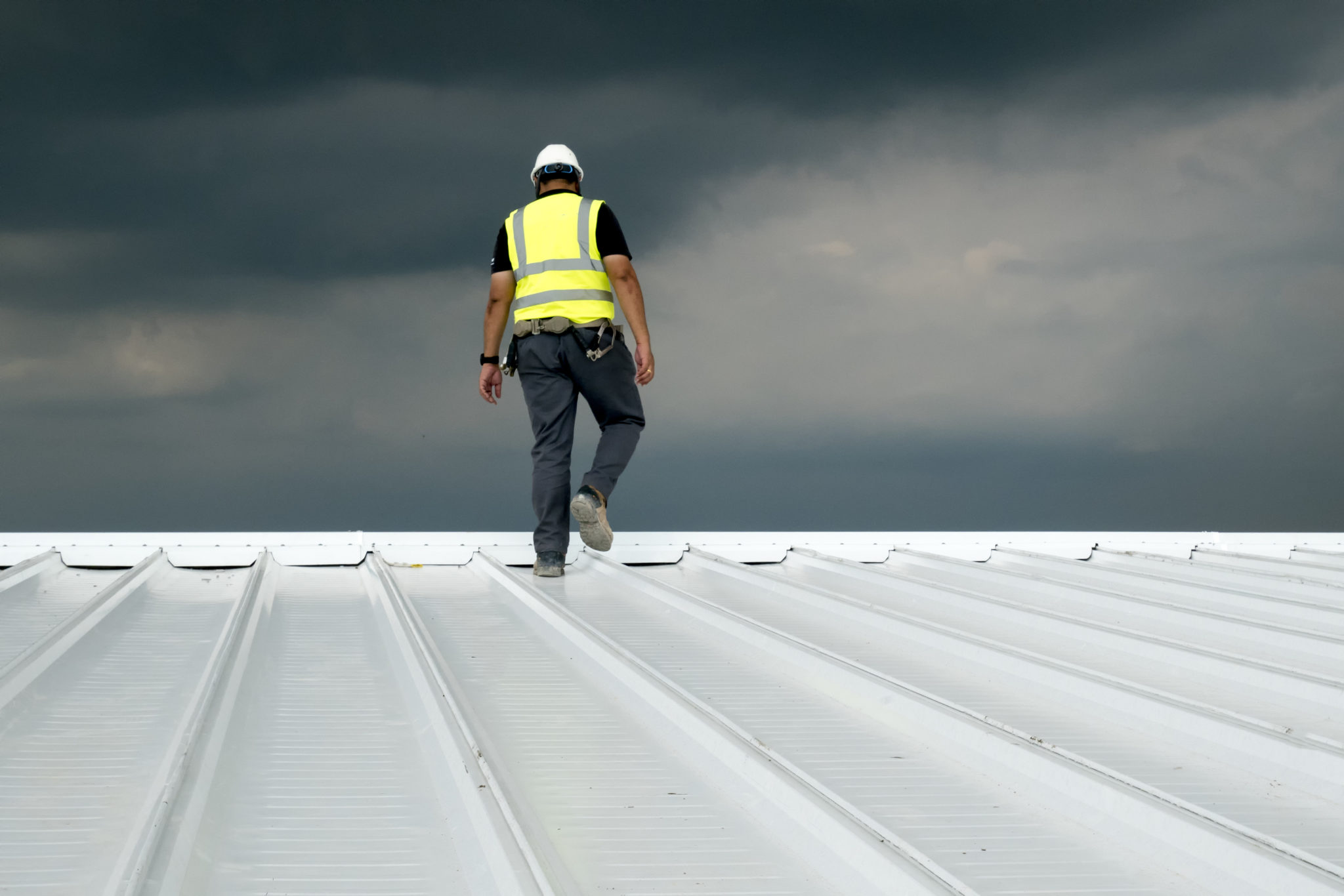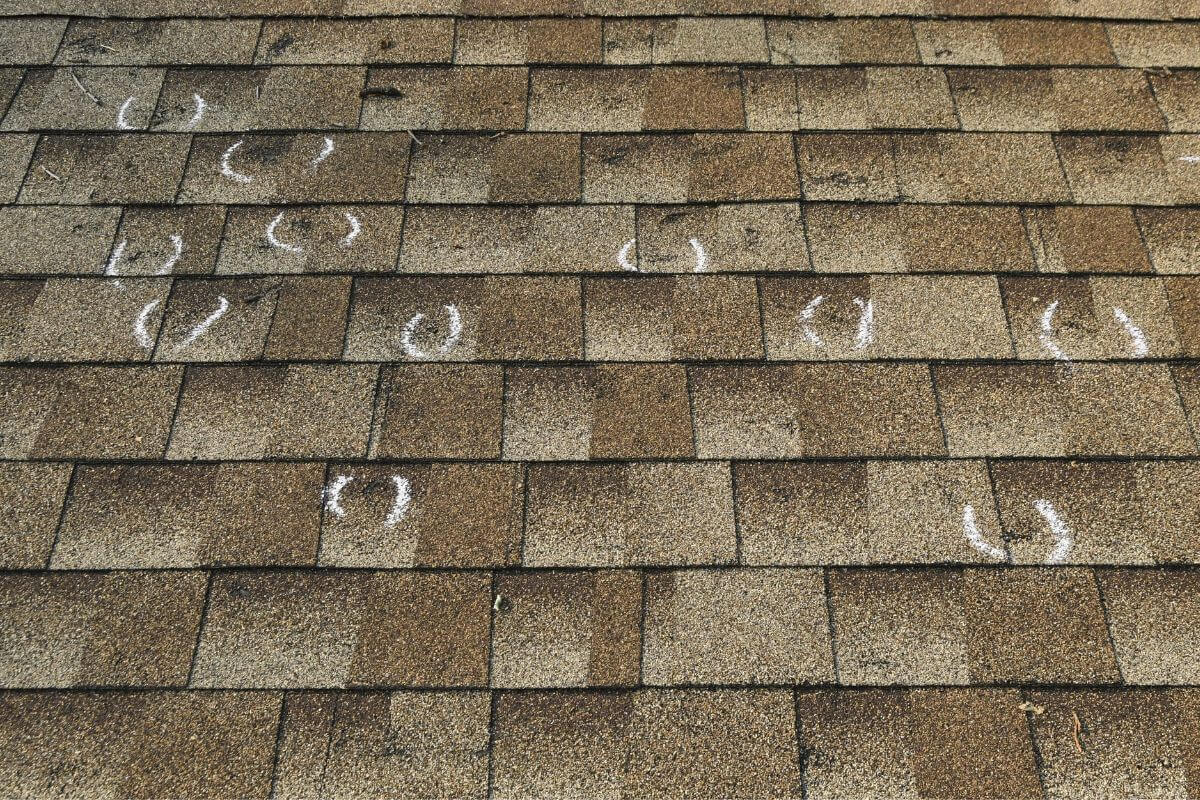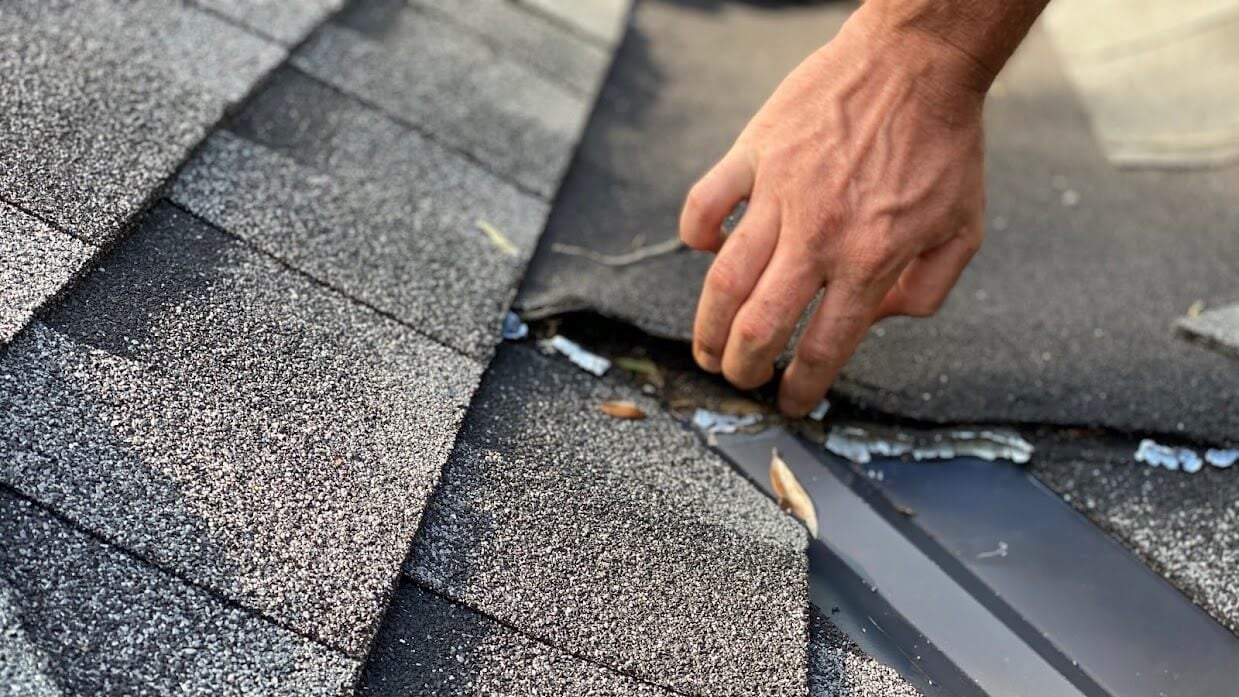If you’re curious about how long does a roof inspection take, the short answer is about 45 to 60 minutes for an average-sized residential roof. Factors like the roof’s size, complexity, age, and weather conditions can affect this time. Understanding these variables is key to setting realistic expectations. In this article, we’ll delve into the factors influencing inspection time and detail what to expect during a thorough roof inspection.
Key Takeaways
- A typical roof inspection lasts 45 to 60 minutes, with duration influenced by factors like roof size, complexity, and condition.
- Regular roof inspections are vital to identify potential issues, prevent costly repairs, and ensure the roof’s integrity.
- Modern inspections utilize advanced tools, including drones and thermal imaging, enhancing the thoroughness of evaluations and documentation.
Typical Duration of a Roof Inspection
Roof inspections usually last between 45 to 60 minutes for average-sized residential roofs, but the duration can vary. For example, a commercial roof inspection for a building between 5,000 and 20,000 square feet typically takes around an hour.
Inspection times also depend on the roof’s size, complexity, age, weather conditions, and roof’s condition. Larger or more complex roofs, as well as those showing significant wear and tear, may roof inspection take longer for a thorough evaluation.
Being aware of these variables helps set realistic expectations to identify potential issues for your next roof inspection, providing a rough estimate of what to expect.
Factors Influencing Roof Inspection Time
Several factors influence the duration of a roof inspection. Larger roofs need more time due to their extensive area, especially for commercial inspections, which cover greater expanses than residential roofs.
Roof complexity also affects inspection time. A steep roof with steep slopes, multiple levels, or intricate designs demands more time and safety measures. Older roofs with visible damage often need more in-depth inspections, extending the duration.
Environmental factors like severe weather and debris can prolong inspection time, affecting the overall length of time required. The inspector’s approach and skill level also vary, leading to different timeframes, sometimes taking several hours. Accessibility challenges, such as multi-story homes or complex designs, might require specialized equipment, adding to the duration.
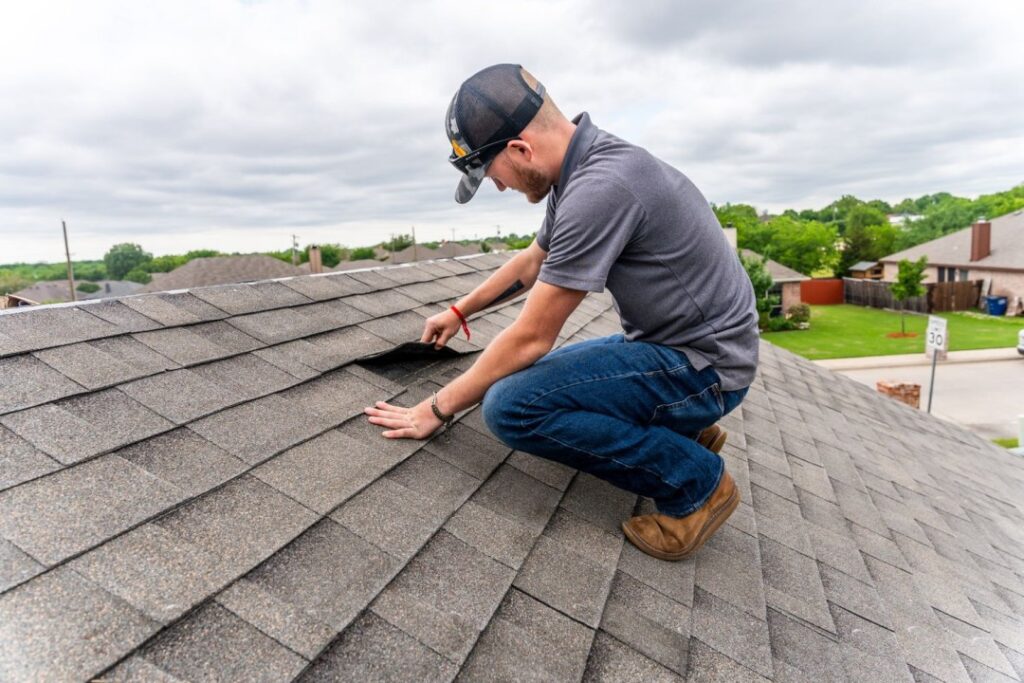
Detailed Examination Process
A thorough roof inspection covers both exterior and interior evaluations. Inspectors meticulously check roofing materials for issues like curled edges and missing shingles. During commercial inspections, they also perform a perimeter walk and traverse the roof.
The inspection process is comprehensive, often involving photos, videos, notes, and sketches to provide a detailed report of the roof’s condition. This thorough inspection visual inspection ensures all potential issues are identified and documented for timely repairs and maintenance as part of the roof inspection process.
Exterior Roof Inspection
In an exterior roof inspection, professionals look for signs of deterioration on the roof surface, gutters, shingles, and other external elements. They check for damage or wear and tear that could lead to leaks or other problems.
Inspectors closely examine roof penetrations like skylights, chimneys, and vents, ensuring they are properly sealed and functioning. Signs of storm damage from a recent storm, such as missing shingles or shingle damaged flashing, are promptly noted for roof repairs, including any significant damage by a roof inspector.
Interior Roof Inspection
The interior inspection is also crucial. Home inspectors check the attic, ceiling, and walls of the house for signs of water intrusion, water damage, and leaks, including any potential roof leak, that might not be visible from the outside while inspecting the property during a home inspection. Inspect the property thoroughly to ensure no issues are overlooked.
They also evaluate the attic’s ventilation, looking for sagging, uneven roof planes, and potential moisture or structural damage during the attic inspection. This comprehensive check helps identify issues compromising the roof’s integrity and the home’s condition.
Importance of Regular Roof Inspections
Regular roof inspections are crucial for maintaining the health of your roof and home. They uncover damage that might lead to moisture buildup, harming interior walls and encouraging mold growth. Neglecting inspections can result in extensive and costly repairs.
Routine inspections ensure drainage systems function properly, reducing the risk of water stagnation and roof damage. They also provide homeowners peace of mind, knowing their roof’s condition is regularly monitored.
Professional roof inspections can prevent accidents by identifying unsafe areas that untrained individuals might overlook. Homeowners receive a comprehensive report detailing the roof’s condition and necessary repairs, aiding in informed budgeting and planning. Additionally, we offer free inspections to help homeowners assess their roof’s needs.
What to Expect During a Roof Inspection
During a roof inspection, the inspector evaluates both exterior and interior components, including roofing materials, gutters, shingles, and other elements. They also look for signs of damage or wear and tear that could lead to leaks or other issues. It is essential to have your roof inspected regularly to maintain its integrity.
The inspection process typically involves taking photographs to document any problems. Afterward, the roofing contractor suggests repairs or replacements based on the findings. A detailed written report and estimate are prepared, giving homeowners a clear understanding of their roof’s condition and necessary actions.
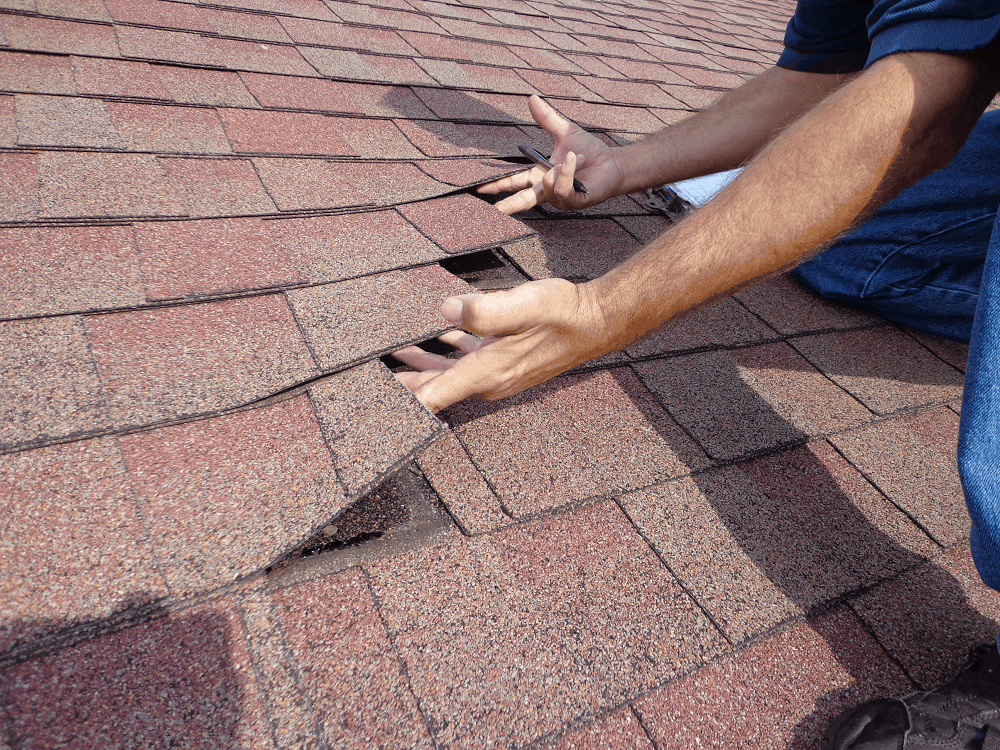
Professional Tools Used in Roof Inspections
Modern roof inspections use advanced tools for thorough evaluations. Drones capture high-resolution images and thermal data, identifying potential issues like leaks and structural damage. Thermal imaging reveals heat loss, indicating insulation problems or moisture under roofing materials.
Drones streamline the documentation process, providing digital records that can be easily shared with clients and stakeholders. This technology plays a significant role in modern roof inspections, offering enhanced capabilities for detailed assessments.
Cost of a Roof Inspection
A standard roof inspection typically costs between $75 to $200. More advanced inspections, like infrared roof inspections, range from $400 to 600. These roof inspection cost varies based on factors like roof size, complexity, location, and specific services offered.
Knowing the cost of a roof inspection helps homeowners budget and ensures a thorough evaluation of their roof’s condition. Investing in a professional inspection can prevent costly repairs and extend the roof’s lifespan.
Scheduling Your Next Roof Inspection
Schedule roof inspections every six months to once every three years, depending on the roof’s condition and age. After severe weather, a professional inspection can identify hidden damages, easing insurance claims.
Older roofs, especially those nearing the end of their lifespan, should undergo more frequent inspections. Regular inspections are crucial for maintaining the roof’s poor condition and preventing costly repairs.
Rhino Roofing
Rhino Roofing emphasizes the importance of regular inspections, especially for older roofs, to prevent expensive repairs and ensure safety. Their inspections cover every area, including assessments from both the ground and the new roof itself.
Rhino Roofing offers services for both residential and commercial roofing, catering to various customer needs. Their qualified professional roofer can identify issues not visible from the ground, showcasing their comprehensive inspection approach. This roofing company is dedicated to quality service, working alongside experienced roofing contractors and other roofing companies.
Customers are encouraged to contact Rhino Roofing to schedule inspections and benefit from their localized knowledge and expertise.
Summary
Regular roof inspections are an essential part of home maintenance. By understanding the typical duration and factors influencing the inspection time, homeowners can better prepare for the process. A detailed examination, both exterior and interior, ensures that all potential issues are identified and addressed promptly.
Investing in professional inspections and utilizing advanced tools like drones can enhance the accuracy and thoroughness of the inspection. Rhino Roofing offers comprehensive services to ensure your roof remains in top condition, providing peace of mind and preventing costly repairs. Schedule your next roof inspection to safeguard your home and investment.
Frequently Asked Questions
How long does a typical roof inspection take?
A typical roof inspection generally takes around 45 to 60 minutes, but this can vary depending on the roof’s size, complexity, and condition. It’s essential to allow adequate time for a thorough assessment.
What factors influence the duration of a roof inspection?
The duration of a roof inspection is influenced by factors such as roof size, complexity, age, weather conditions, and the inspector’s methodology. Understanding these elements can help set expectations for the inspection process.
What should I expect during a roof inspection?
During a roof inspection, you can expect a thorough evaluation of both exterior and interior components, complete with photographs and a detailed written report outlining any necessary repairs. This will ensure you have a clear understanding of your roof’s condition and needed maintenance.
How much does a standard roof inspection cost?
A standard roof inspection usually costs between $75 and $200, while more extensive inspections can range from $400 to $600.
How often should I schedule a roof inspection?
You should schedule a roof inspection every six months to once every three years, depending on the condition and age of your roof. Regular inspections can help identify issues early and extend the lifespan of your roof.
